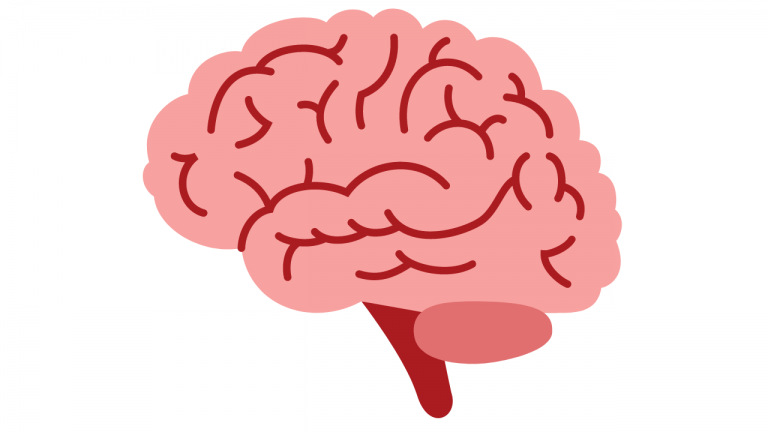Heal Your Gut, Ease Your Pain: Exploring the Gut-Brain Axis

The relationship between the gut and the brain, known as the gut-brain axis, has emerged as a vital area of study in understanding pain management. This bidirectional communication network between the gastrointestinal system and the central nervous system plays a crucial role in maintaining overall health and well-being. Increasing evidence suggests that the state of our gut can significantly influence our experience of pain, shedding light on new pathways for managing chronic pain conditions.
The Gut-Brain Axis: A Complex Communication Network
The gut-brain axis involves intricate signaling pathways that include the central nervous system (brain and spinal cord), the autonomic nervous system (sympathetic and parasympathetic), the enteric nervous system (embedded in the lining of the gastrointestinal system), and the hypothalamic-pituitary-adrenal axis (HPA axis). These systems communicate through a combination of neural, hormonal, and immunological signals. One of the primary mediators of this communication is the vagus nerve, which extends from the brainstem to the abdomen, facilitating direct interaction between the brain and the gut.
Gut Microbiota: The Hidden Players
The gut microbiota, consisting of trillions of microorganisms residing in our intestines, plays a critical role in the gut-brain axis. These microbes influence the production of neurotransmitters like serotonin and gamma-aminobutyric acid (GABA), which are essential for regulating mood and pain perception. Dysbiosis, or an imbalance in the gut microbiota, has been linked to various pain-related conditions, including irritable bowel syndrome (IBS), fibromyalgia, and chronic fatigue syndrome.
Inflammation and Pain Perception
Chronic inflammation is a common factor in many pain disorders, and the gut plays a significant role in regulating inflammation. A healthy gut barrier prevents harmful substances from entering the bloodstream, but when this barrier is compromised, it can lead to systemic inflammation. This inflammation can affect the central nervous system, potentially heightening pain sensitivity and perpetuating chronic pain cycles.
Psychological Stress and the Gut
Stress is a significant contributor to gut health and, consequently, to the gut-brain axis. Psychological stress can alter gut microbiota composition, increase intestinal permeability, and trigger inflammatory responses. This stress-induced gut disturbance can, in turn, exacerbate pain perception, creating a vicious cycle that is difficult to break.
Strategies for Modulating the Gut-Brain Axis
Understanding the gut-brain connection opens up new avenues for pain management. Here are some strategies that can help modulate this axis and potentially alleviate pain:
- Diet and Nutrition: A balanced diet rich in fiber, omega-3 fatty acids, and fermented foods can promote a healthy gut microbiota. Probiotics and prebiotics are also beneficial in maintaining gut health.
- Stress Management: Techniques such as mindfulness, meditation, yoga, and cognitive-behavioral therapy (CBT) can reduce stress and improve gut health, thereby impacting pain perception.
- Exercise: Regular physical activity has been shown to positively influence gut microbiota composition and reduce systemic inflammation, aiding in pain management.
- Medications and Supplements: In some cases, targeted use of medications such as antibiotics, probiotics, and anti-inflammatory drugs may be necessary to restore gut health and manage pain.
- Psychological Therapies: Addressing psychological factors through therapies like CBT can help in managing both stress and pain, offering a holistic approach to treatment.
Conclusion
The gut-brain axis represents a paradigm shift in our understanding of pain management. By focusing on gut health, we can potentially ease pain and improve quality of life for those suffering from chronic pain conditions. Continued research in this area holds promise for developing more effective, integrative approaches to pain management that consider the intricate interplay between our gut and brain. Heal your gut, and you may find that you ease your pain in the process.



